What I learnt from the Science Leadership Workshop
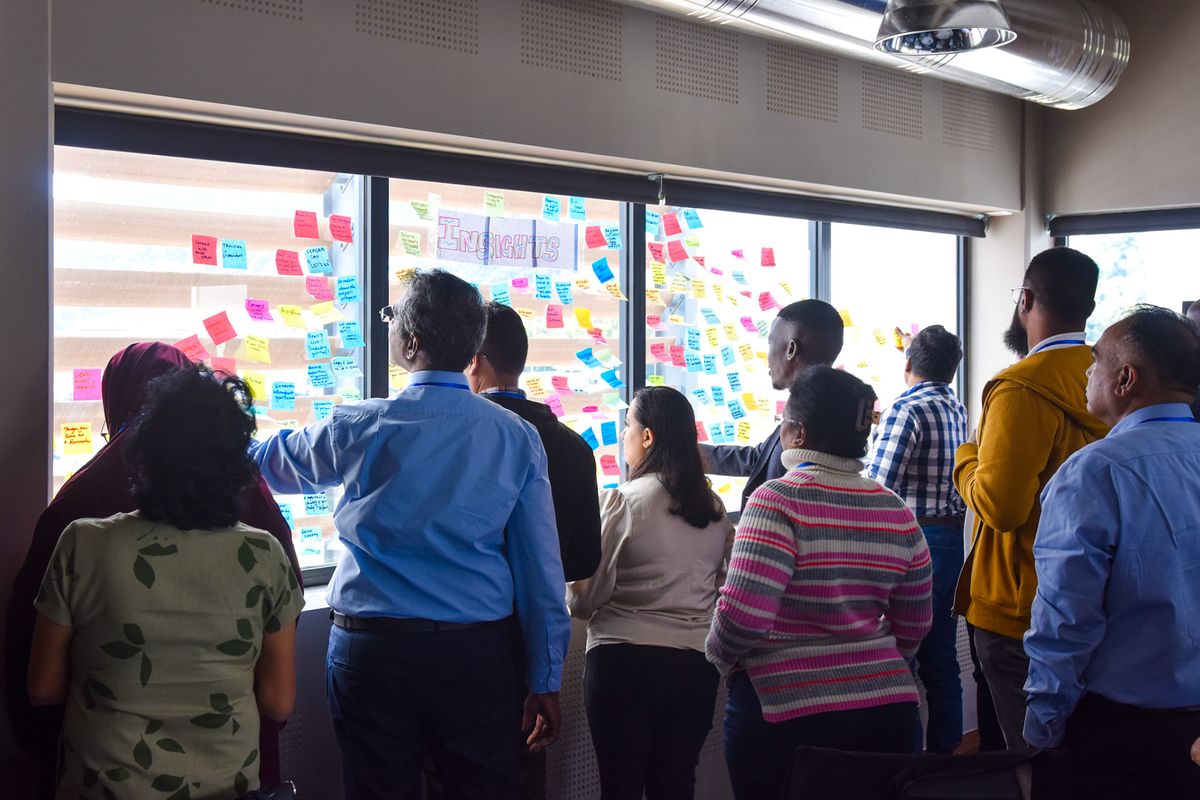
Introduction
In August 2023, I had the incredible opportunity to attend a two-day workshop focused on Leadership in Research. Organized by Dr. Lydia Rhyman and supported by organizations such as UNESCO and others. The aim of the workshop was to equip doctoral candidates like myself with the tools and techniques to excel in the research field.
First Impressions and Establishing Contact
The workshop kicked off with a unique approach to introductions. We were encouraged to set aside our preconceptions and engage in open dialogue with our peers. This exercise culminated in a collective agreement on what would make this workshop a transformative experience for all—setting the stage for meaningful interactions.
Words of Wisdom from a World-renowned Scientist
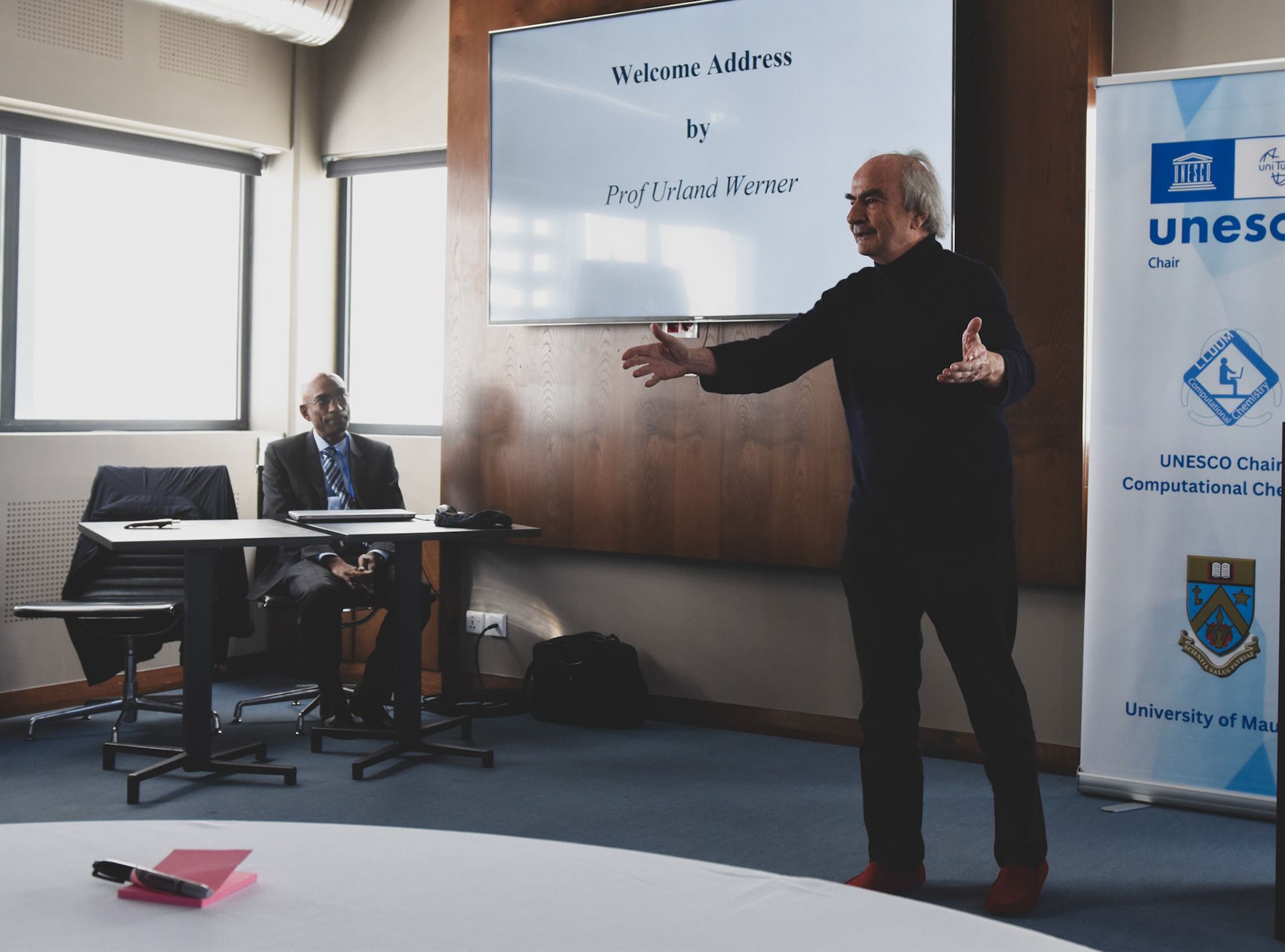
Professor Urland Werner, a world-renowned scientist, set the tone for the workshop with an inspiring opening speech. His message was clear: while politics may divide us, the pursuit of science brings us together. His optimism was not just infectious but also deeply motivating.
Go beyond the surface of who you think you are
One of the most impactful activities was a self reflection activity that involved describing ourselves in three words—and then being told those words were off-limits for the rest of the discussion. This exercise is very valuable as it forces you to to dig deeper into your own psyche. It forced me out of that lazy state of using what I am most comfortable with and instead I had to think hard and in a new manner about something I thought I know intimately, my own identity.
Lightening the Mood: Icebreakers
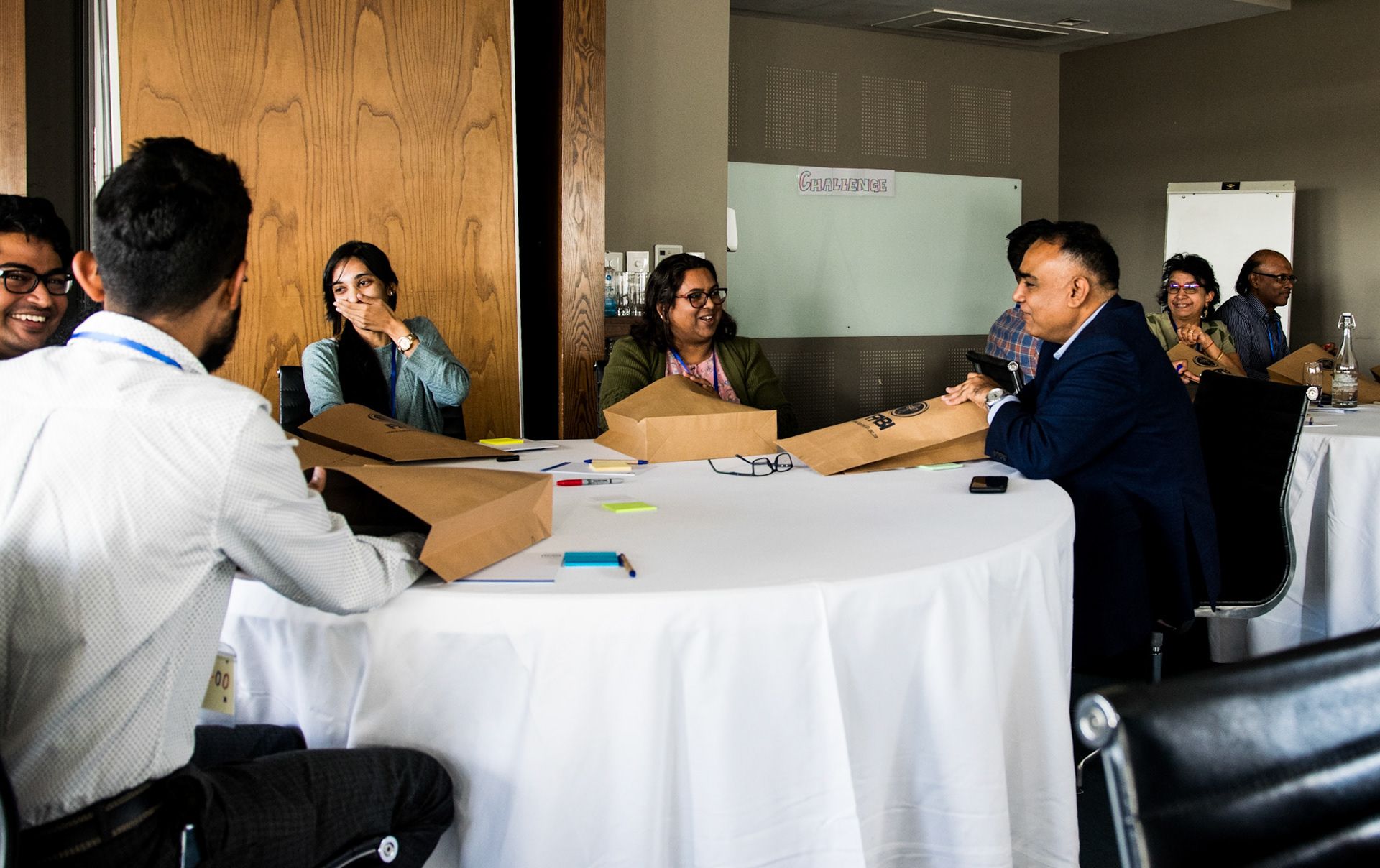
A fun and enlightening icebreaker involved drawing a portrait of our partner in a single pen stroke. While I'm no Picasso, I strongly believe the activity served its purpose by lightening the atmosphere and fostering a sense of camaraderie among participants.
The Pillars of Research Integrity
Dr. Rhyman then shifted the focus to research integrity, covering topics from predatory journals to plagiarism. While much of this was familiar territory, the discussion on AI's role in detecting academic dishonesty sparked a lively debate, raising questions about the reliability of tools like Turnitin.
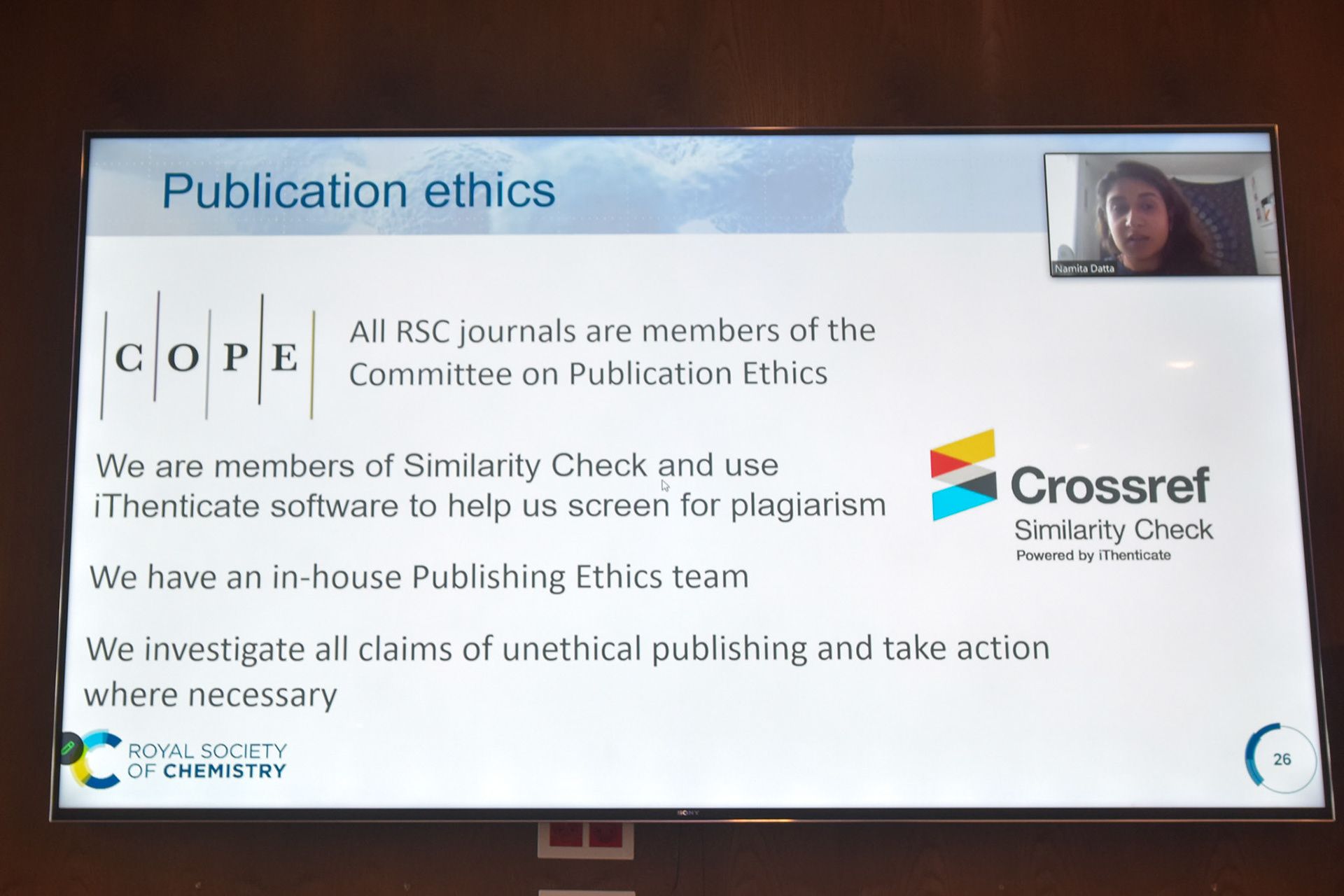
Mental Health is important!
Mental health was also on the agenda, a topic that is likely to resonate with anyone that has ever embarked on a PhD journey. It is an open secret that there are opportunity costs attached to pursuing a PhD and it will definitely take a toll on your mental health (if you are considering to join, you are warned). The workshop didn't shy away from discussing the mental toll that academic life can take and offered resources and coping strategies. My personal take on it, ensure that you are well surrounded and have a support system that works for you!
Practice Self-Assessment
We were introduced to various dimensions of leadership and encouraged to assess ourselves using a spidergraph. This self-assessment exercise was not just enlightening but also provided a roadmap for personal development. The idea is to self-evaluate yourself (honestly) every few month self-improvement.
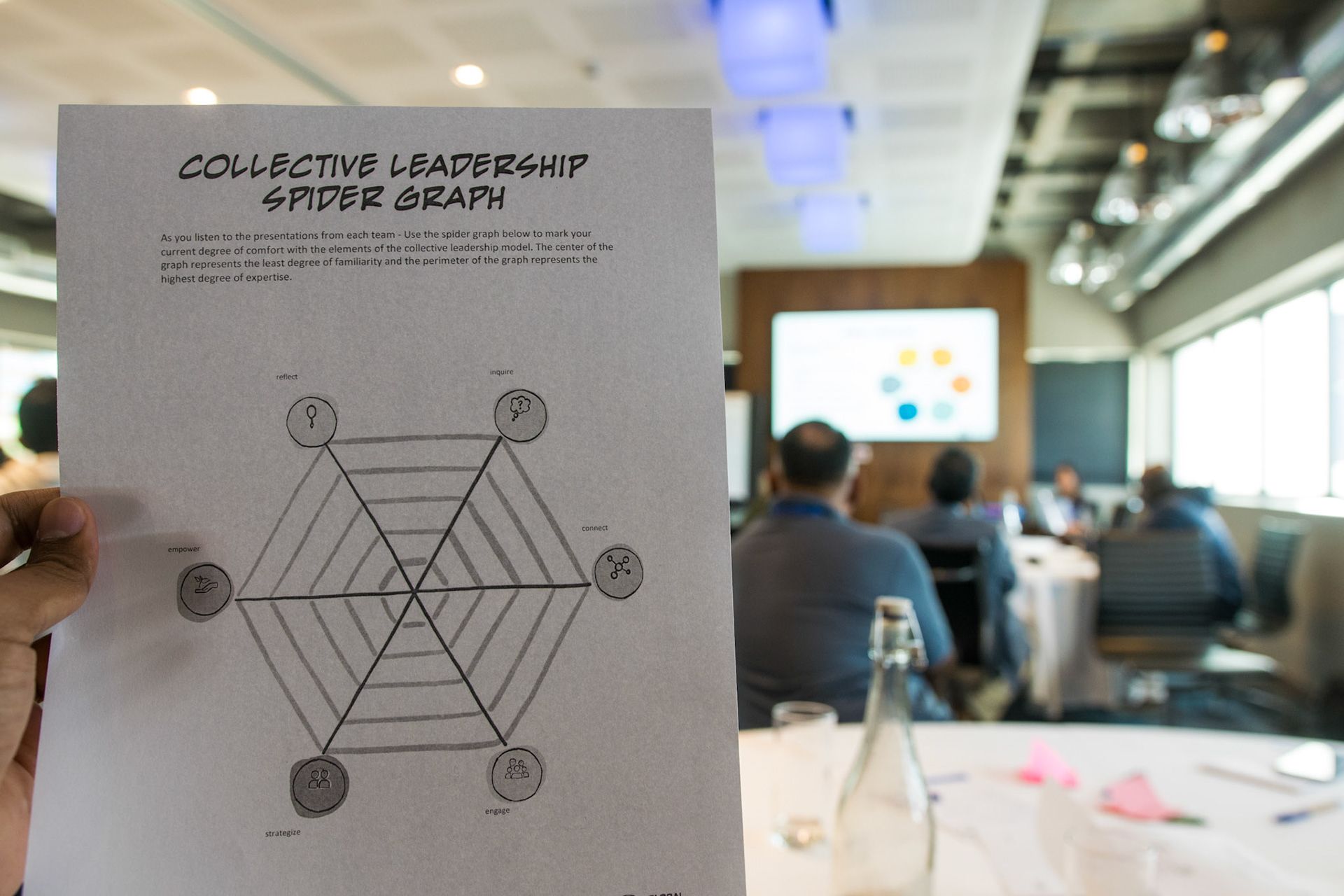
Be kind and Practice Generous Listening
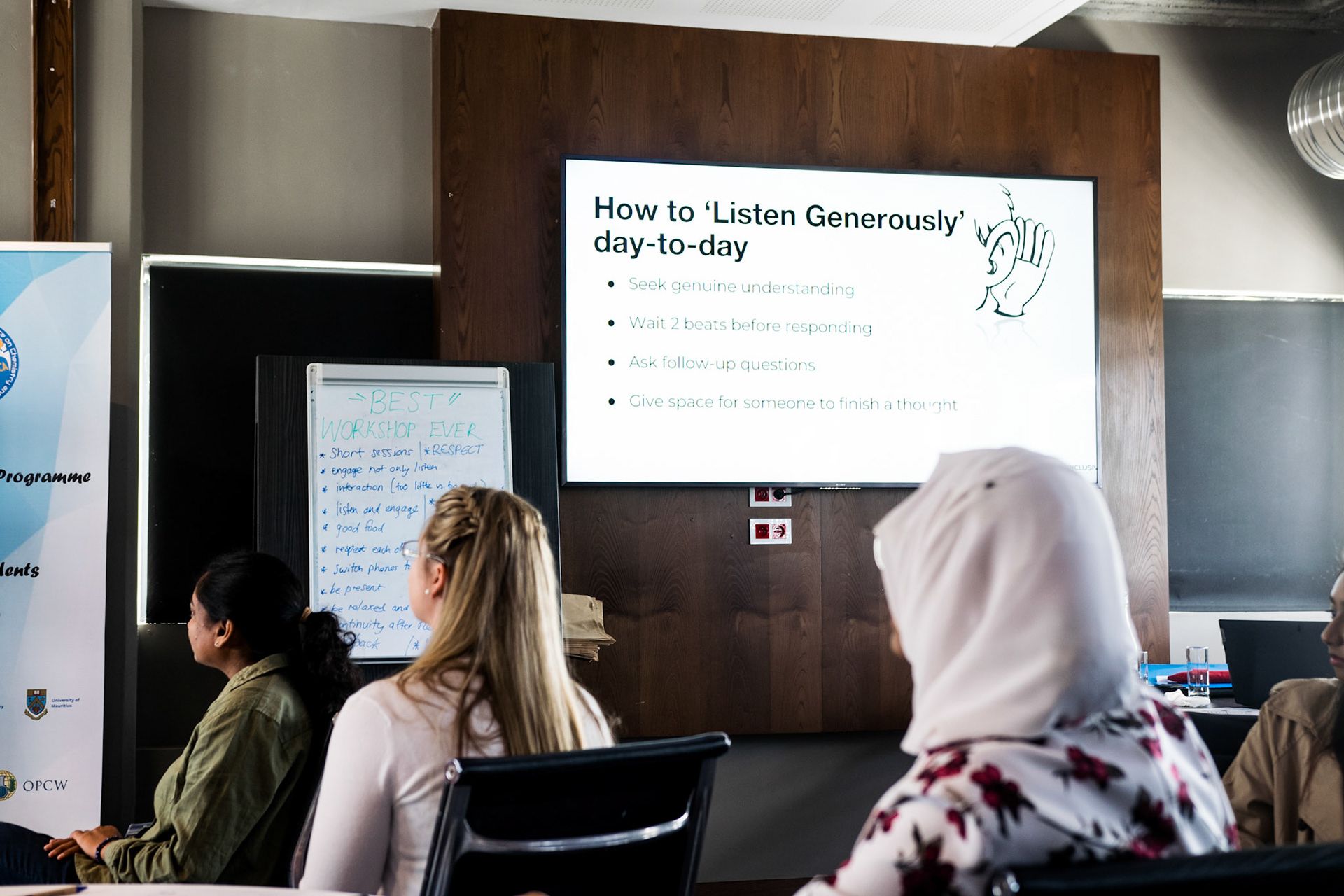
Through a three-person activity, we practiced the art of "generous listening," a skill that promises to be invaluable in both academic and corporate settings. The benefits of first listening without judgement and without interrupting was greatly stressed upon. That is not to say that you should not have any judgement, but yes to mitigate our own biases and to be fair it is worthwhile and productive to suspend judgement, listen to the whole reasoning of somebody and then critically assess. We also delved into the qualities that constitute a scientific leader, offering a comprehensive view of what it takes to lead in the field of research.
Divergent and Convergent thinking
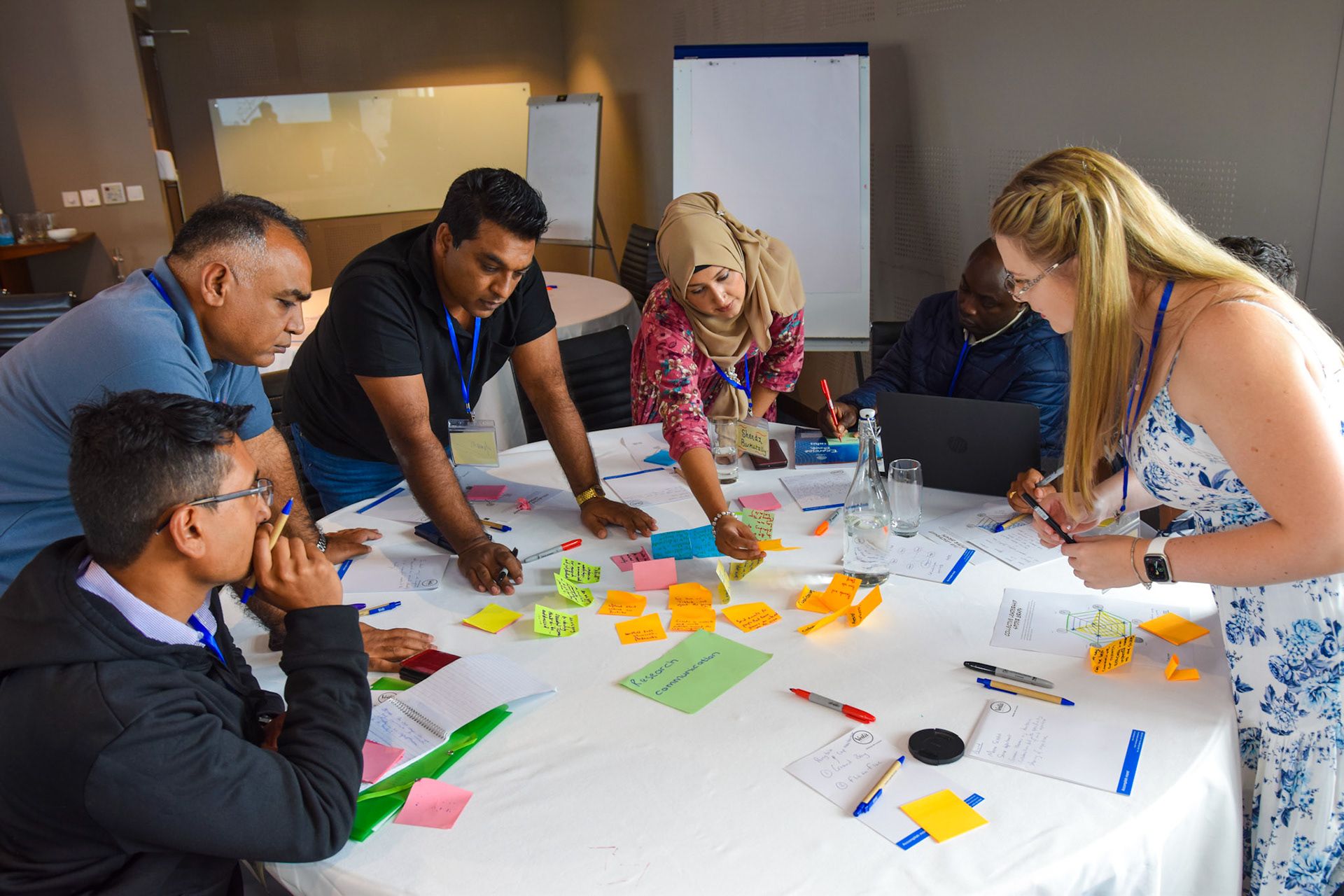
The workshop was a whirlwind of activities and discussions aimed at stimulating both divergent and convergent thinking. From "3 sprints" to "playing the expert," each activity was designed to equip us with practical tools for problem-solving and innovation. The activities sparked lively conversation on what essentially is an expert, demonstrated how easy it is to fall into the trap of gross exaggeration and misinformation. The role of communication was a major point of debate in the workshop.
Communication is important for Science to be effective
Among the activities, one focused on communication. I was surprised and not in a nice way to see many of my peers be so averse to communicating science through social media. In today's world, avoiding social media means missing a chance to counter misinformation and engage with a wider audience. Yes, social media has its pitfalls, like oversimplification and sensationalism, but that's precisely why scientists should be active on these platforms. We need to communicate science effectively, debunk myths, and spark curiosity. By stepping up, we can make science accessible and interesting to everyone, not just academics. This approach doesn't just spread knowledge—it empowers people to understand and participate in scientific conversations. I believe organisations like The Conversation make a big positive impact.
Conclusion
Overall, the SLP-Doc workshop was a refreshing and enriching experience. It provided me with valuable tools and techniques that I can see myself using in future group activities and brainstorming sessions, whether in academia or a corporate setting.
Update: Six months later, I still try to put in practice and definitely see value from what I learnt from the workshop.